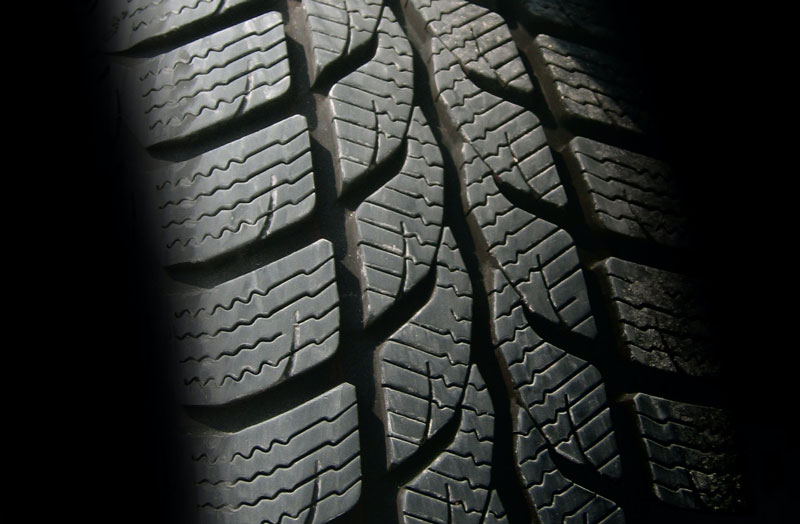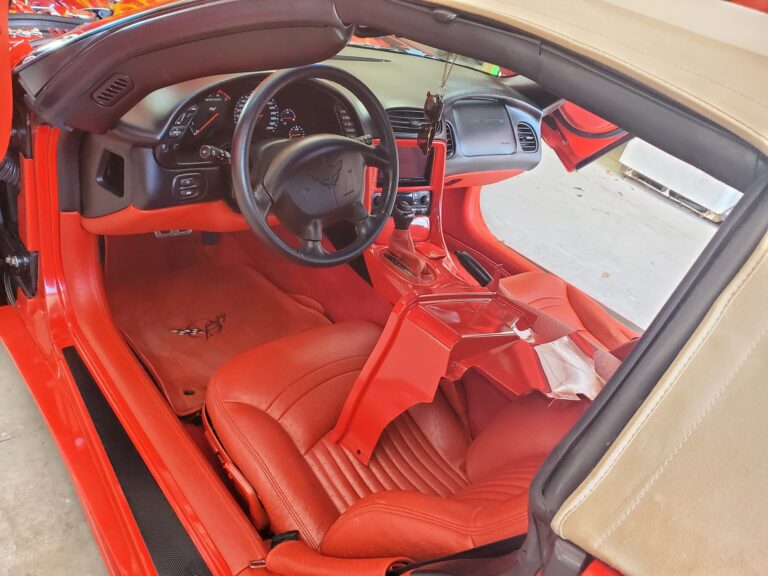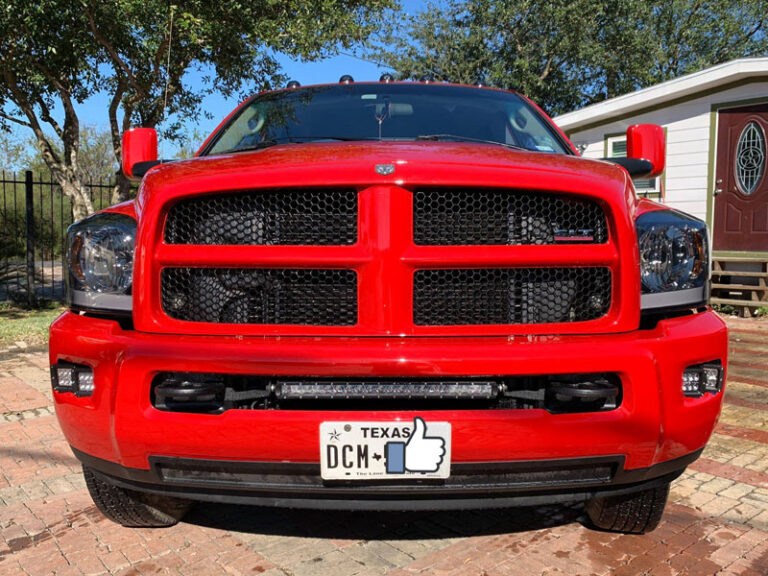Tips for Extending Tire Lifespan and Ensuring Safety
Your vehicle’s tires play a critical role in ensuring safety, optimal performance, and fuel efficiency. Proper tire maintenance is essential for extending tire lifespan and keeping you safe on the road. In this post, we will share essential tire maintenance tips that will help you maintain proper tire inflation, perform regular tire rotations, conduct alignment checks, and inspect tire treads. By following these practices, you can enhance your driving experience, improve fuel efficiency, and maximize the lifespan of your tires.
1. Proper Tire Inflation:
Maintaining proper tire inflation is crucial for tire performance and safety. Check your tire pressure regularly using a reliable tire pressure gauge and ensure they are inflated to the manufacturer’s recommended levels. Underinflated tires can lead to poor handling, decreased fuel efficiency, and increased tire wear. Overinflated tires, on the other hand, may cause a harsh ride and uneven tire wear. Refer to your vehicle’s owner’s manual or the placard on the driver’s side door jamb for the recommended tire pressure.
2. Regular Tire Rotations:
Tire rotations involve moving the tires from one position to another at regular intervals. This practice ensures that the tires wear evenly and helps extend their lifespan. Consult your vehicle’s owner’s manual for the recommended tire rotation schedule, as it may vary depending on the type of vehicle and tire. Regular rotations help maintain optimal traction, improve handling, and provide a smoother ride.
3. Alignment Checks:
Proper wheel alignment ensures that the tires are correctly aligned with each other and the road. Misaligned wheels can lead to uneven tire wear, reduced fuel efficiency, and compromised handling. Schedule regular alignment checks with a professional technician to assess and adjust your vehicle’s wheel alignment as needed. Signs of misalignment include uneven tire wear patterns, pulling to one side while driving, or a vibrating steering wheel.
4. Tread Inspections:
Regularly inspecting your tire treads is essential for safety and optimal traction. Use the “penny test” or a tread depth gauge to measure the depth of the tire grooves. If the tread depth is worn close to or below the recommended minimum depth, it’s time to consider replacing your tires. Worn-out tread can reduce grip on wet or slippery surfaces, increasing the risk of accidents. Additionally, look for any signs of uneven wear, bulges, or cuts on the tire sidewalls, which may indicate the need for immediate attention or tire replacement.
Proper tire maintenance is vital for your safety, fuel efficiency, and maximizing the lifespan of your tires. Remember to maintain proper tire inflation, perform regular tire rotations, check wheel alignment, and inspect tire treads. By following these essential practices, you can ensure optimal tire performance, enhance vehicle handling, and extend the life of your tires. Remember, well-maintained tires not only contribute to a safer driving experience but also provide improved fuel efficiency and cost savings. Prioritize tire maintenance, and enjoy a smooth, safe, and efficient journey every time you hit the road.




